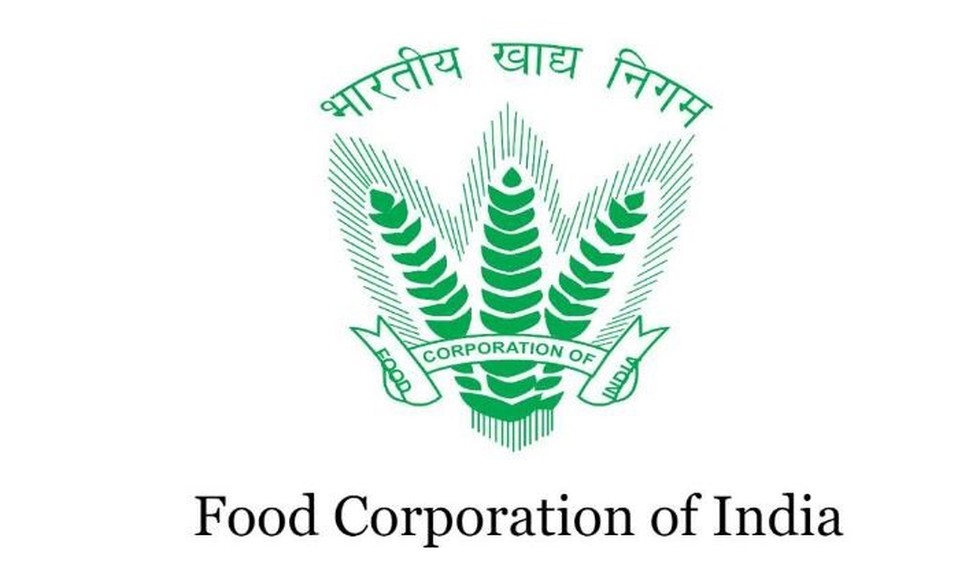
Food Corporation of India (FCI)

Food Corporation of India (FCI)
|
For the Prelims: About Food Corporation of India (FCI), Important points, Important functions of Food Corporation of India (FCI) |
Why in the news?
According to recently released data, the wheat stock with the Food Corporation of India (FCI) has gone below 100 lakh tonnes for the first time since 2018, which has come down to 97 lakh tonnes this month.
Important points:
- Wheat stocks with the Food Corporation of India (FCI) have fallen below 100 lakh tonnes for the first time since 2018 due to low procurement and record sales of the grain in the open during the last two years.
- Despite the decline in wheat stocks, even at the current level, it currently exceeds the statutory buffer stock requirement.
- However, in the case of rice stocks, FCI currently has stocks more than four times the buffer standard.
- In the case of rice, the current stock with FCI is around 270 lakh tonnes.
- As per the buffer norms, FCI will have to keep around 136 lakh tonnes of rice till April 1.
About Food Corporation of India (FCI):
- Food Corporation of India (FCI) was established in 1965.
- It operates under the Ministry of Consumer Affairs, Food and Public Distribution.
- FCI purchases wheat, rice and other food grains directly from farmers during the crop season.
- FCI maintains a buffer stock of food grains to meet emergency requirements such as natural disasters or supply disruptions. This stock acts as a safety net for the country.
- FCI supplies food grains to the states for distribution through the Public Distribution System (PDS).
- Under PDS, eligible families get subsidized food grains at affordable prices.
- FCI operates a vast network of storage facilities across the country, these include warehouses (warehouses) and silos where food grains are stored.
- FCI transports food grains from surplus producing states to deficit states.
- This ensures that food can reach even the remotest areas.
- By regulating the supply of food grains, FCI helps to stabilize prices in the market. It intervenes when prices rise too high or fall too low.
- FCI's efforts contribute to national food security by ensuring continuous supply of essential commodities.
- The economic cost of food grains procured by the Food Corporation of India (FCI) is the sum of the Minimum Support Price (MSP) and bonuses (if any) paid to farmers and procurement contingencies and distribution costs.
Important functions of Food Corporation of India (FCI):
- Plays an important role in ensuring food security in India.
- The primary function of FCI is to procure, store and distribute food grains across the country.
- This procurement helps to stabilize prices and ensure that farmers receive fair remuneration.
Source:The Economic Times